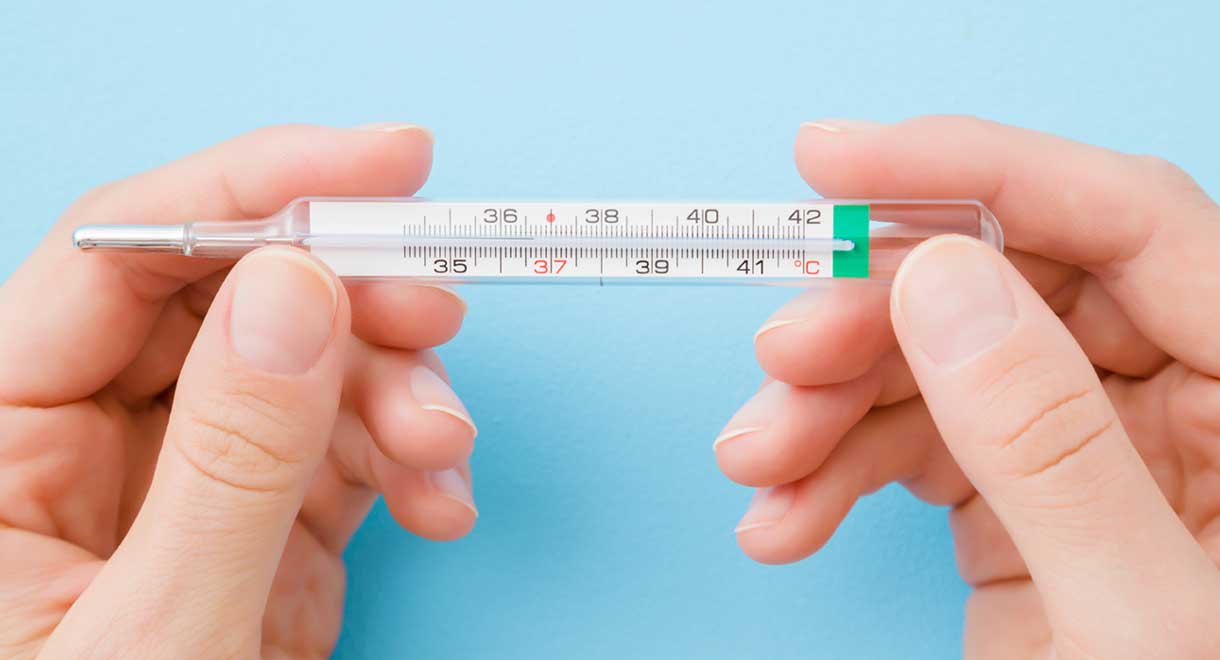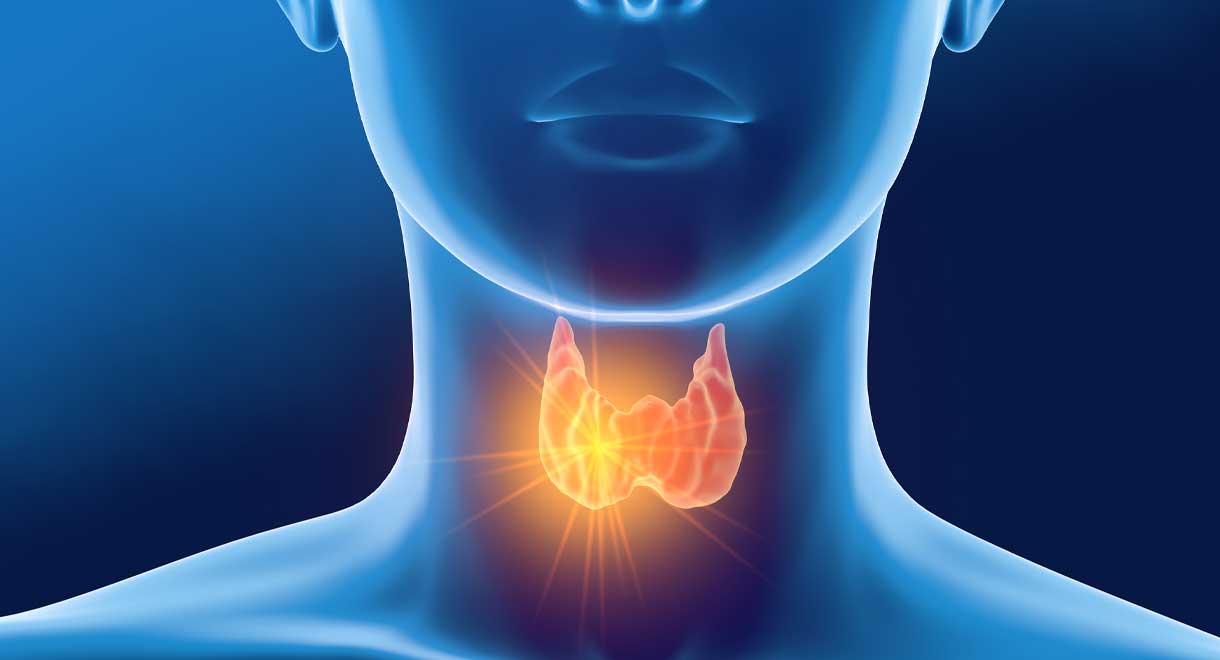Is Your Thyroid Gland Underactive?
An underactive thyroid gland is a low thyroid condition and is called hypothyroidism. There are many degrees of underactive thyroid from very slight and subtle to severe. A blood test for thyroid function (TSH, Free T4 and Free T3) will determine if your thyroid is working normally, although sometimes it is necessary to do more sophisticated tests which measure levels of reverse T3. Reverse T3 is the wrong shape thyroid hormone and blocks the normally shaped thyroid hormones from working; this can lead to a low thyroid condition resulting in fatigue and weight gain.
The most common cause of sluggish thyroid function is deficiency in several or one of the following minerals – iodine, selenium, and zinc. Vitamin D deficiency can also make thyroid problems worse. Deficiencies of selenium, zinc, iodine and vitamin D are very common worldwide. Supplements such as Thyroid Health Capsules are available that combine selenium, iodine, vitamin D and zinc in the correct doses for the thyroid gland.
The most common medical problem to cause a low thyroid condition is called Hashimoto’s Thyroiditis and is an autoimmune problem and is diagnosed by detecting abnormally high levels of thyroid antibodies in the blood. Hashimoto’s Thyroiditis is usually inherited and there is often a family history of thyroid problems. Many people with Hashimoto’s Thyroiditis are intolerant to gluten and if they consume gluten containing foods, this will lead to inflammation and a slow metabolism. To test for gluten intolerance, ask your doctor for the blood test GENOTYPE HLA D Q, to see if you have the genetic patterns that predispose you to gluten intolerance.
Your basal body temperature reflects your thyroid function
The basal body temperature is the lowest temperature attained by the body during sleep. It is measured immediately after awakening and before any physical activity has occurred.
In people with an underactive thyroid gland, the body temperature falls below normal because of slower metabolism.
Conversely an overactive thyroid elevates body temperature producing a low-grade fever.
The metabolism in your whole body is completely dependent on enzyme function. Importantly, enzyme function is highly dependent on body temperature.
If your basal body temperature is below normal, then all the enzymes in every cell of your body will be working too slowly, which means your metabolism will be way too low.
Measuring your basal body temperature (BBT) can pinpoint a thyroid problem such as thyroid resistance, even if your blood tests for thyroid function are seemingly “normal.”
Tracking basal body temperature over 14 mornings gives you a better average.
Most digital basal thermometers on the market are not accurate enough for this type of thyroid testing, where we are measuring your BBT. A digital thermometer, and also an infrared thermometer, may under-read a person’s body temperature.
The most accurate thermometer is the old-fashioned mercury thermometer, around which this specific BBT test was originally created and standardized. Mercury thermometers can still be found in many pharmacies. You can also ask for a mercury-based fertility thermometer.
Modern digital-style thermometers are calibrated differently from the mercury type hence may give inaccurate readings for the BBT test. Only use the old-fashioned mercury thermometer.

Technique to test the basal body temperature
Your mercury thermometer should be reset by shaking it down the night before the first morning test, as well as after you have recorded each morning’s result. This ensures the thermometer is ready to use well before the next testing. It can take quite a bit of shaking to get the mercury column to go down to below the 35 degrees Celsius (95.0 degrees Fahrenheit) figure on this type of thermometer. You must take your temperature immediately after awakening as any physical activity will increase your temperature, thus preventing you getting the required basal reading.
As soon as you wake up, take your temperature, under the arm in the armpit, (not under the tongue) for a full 10 minutes. It is vital to place the mercury thermometer underarm and not under the tongue. Do not move or get out of bed before taking your temperature. Any such activity will raise your basal body temperature and make the test less reliable.
It’s important to accurately record the readings, as well as try to have those readings taken at about the same time each morning.
For premenopausal women, it is important to only measure the temperature on the 2nd, 3rd and 4th morning of their menstrual bleeding.
For men and post menopausal women, the temperature can be taken on any 14 – or more consecutive mornings.
Once you have recorded the 14 readings, work out the average temperature.
Understanding your basal body temperature results
A healthy human’s normal body temperature is considered to be 37 degrees Celsius (98.6 Fahrenheit).
If your average basal body temperature (BBT) reading is below 36.5 degrees Celsius (97.7 degrees Fahrenheit), then this is an indication, that you have a low thyroid condition.
In such cases, a TSH reading (a thyroid test done on a blood sample) is also more likely to come back as over 2.5mU/L.
Celsius and Fahrenheit conversions
(°C x 9/5) + 32 = °F (°F – 32) x 5/9 = °C
For example:
Converting 36.5 degrees Celsius to Fahrenheit: 36.5 x 9 = 328.5
328 divided by 5 = 65.7
65.7 + 32 = 97.7
For more information see the book Your Thyroid Problems Solved by Dr Sandra Cabot and Margaret Jasinska.
Overcome thyroid resistance
There are several ways to reduce resistance to thyroid hormones which will enable the thyroid hormones to work well and thus improve liver function and speed up weight loss.
The most important thing is to take a supplement that contains selenium, iodine, zinc and vitamin D because these nutrients improve production of the active thyroid hormone triiodothyronine (T3). They also increase the production of the correct shape of thyroid hormone. The supplement known as Thyroid Health capsules contain all these nutrients in the correct doses and ratios for the thyroid gland.
Some people with borderline thyroid function seen on their blood tests may also need a low dose of thyroid hormone. Choices include Synthroid (T4), Porcine thyroid extract, or a compounded combination of Thyroxine and Triiodothyronine (T4 and T3). Thyroid Health capsules will enhance the effect of the thyroid hormone. For excellent information on thyroid problems see our book titled Your Thyroid Problems Solved.


Does your thyroid need more of all you mention your thyroid vitamin. If diagnosed with papillary thyroid cancer ??
Hi Sally,
Yes, definitely.
We would recommend 2 caps dialy of our thyroid health.
We also highly recommend checking out Dr Cabot’s book: ‘Cancer Survival Strategies’ here: https://www.liverdoctor.com/products/books/cancer-survival-strategies-a-holistic-approach.html
Kind regards,
Jessah Shaw
Nutritionist